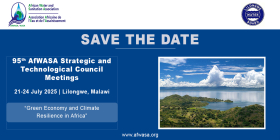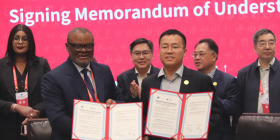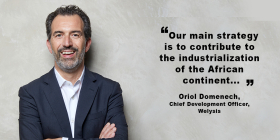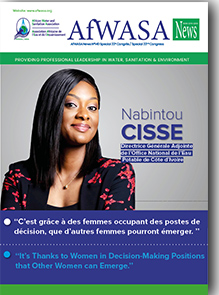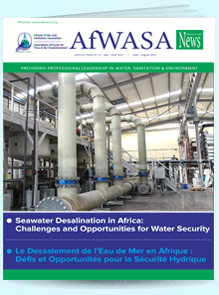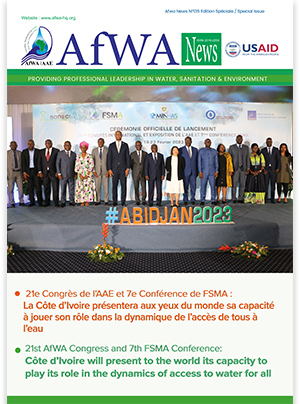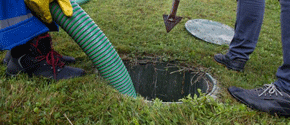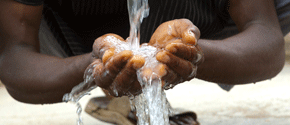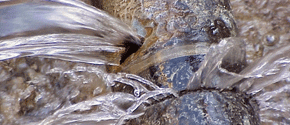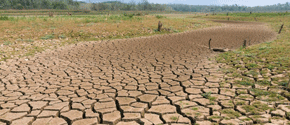Background
In many African countries, access to adequate drinking water andsanitation services poses a significant challenge, particularly in rural areas. Sub-Saharan Africa is particularly affected, with 400 million people lacking a reliable source of drinking water. Only 46% of the rural population and 81% of the urban population have access todrinking water. Disparities between urban and rural areas are even more pronounced in sanitation, with only 24% of rural residents having access to improved facilities (such as latrines), compared to 42% in urban areas. This disparity is concerning and underscores the urgent need to improve access to water and sanitation in rural areas, especially considering that 80% of the sub-Saharan African population resides there.
After 40 years of existence, the African Water and Sanitation Association (AfWASA) has realized that its actions have primarily focused on urban areas. Aligning with SDG 6, which advocates for leaving noone behind by ensuring universal access to adequate water and sanitation services, a review of the AfWASA’s intervention strategy has become necessary to include rural areas. It is in this context, with the support of the Conrad N. Hilton Foundation (CNHF), that AfWASA is committed to bridging this gap through the implementation of the EMPOWERWASH-AFRICA program.
Objectives
Improve stakeholders’ understanding of Water, Sanitation, and Hygiene (WASH) systems at the rural district level and identify best practices and challenges in service delivery.
Share best practices in WASH service delivery at the rural district level.
Generate new knowledge on WASH systems at the rural district level through research (small grants) and Communities of Practice (CoPs)
Components of the program
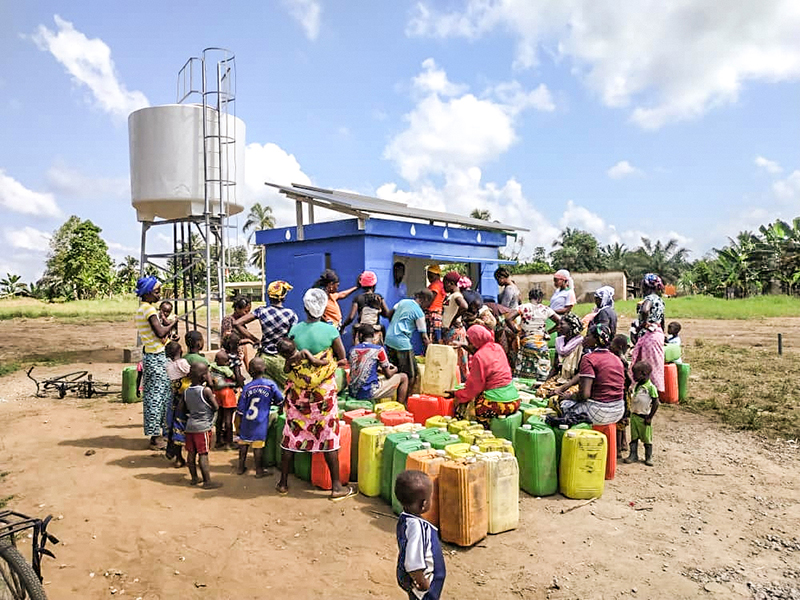
Component 1
Create and disseminate knowledge products and best practices onDistrict-level WASH services
Component 2
Developing partnerships and mentoring relationships between thedistricts involved
Component 3
AfWASA Fellowship Program
Implementation strategy
The overall strategy will comprise three (03) levels of operation:
(i) General coordination at the AfWASA headquarters in Abidjan.
(ii) Data collection and detailed reporting on best practices and lessons learned regarding rural water and sanitation services, with support from IRC WASH.
(iii) Peer learning activities facilitated by regional implementing partners
Other information
Intervention Area
Burkina Faso - Cameroon - Ethiopia - Ghana - Malawi - Uganda
Implementation Partners
African Water and Sanitation Association (AfWASA),
IRC WASH,
Water For People,
Regional Implementing Partners (REIPs) :
West Africa: CEMEAU (ONEA), Burkina Faso
East Africa: IREC (NWSC), Uganda
Central Africa: E-R-A Cameroon
Budget
$100,000 USD funded by the Conrad N. Hilton Foundation (CNHF)
Program Duration
2023–2024
Actualités SAO CWS
INFOS UTILES
Young Water and Sanitation Professionals Program
Fellowship for Young African Water and Sanitation Professionals
The list of fellows for the Academic Year 2021-2022 is available here
Restez connectés
Subscribe to our regular newsletter and stay
up-to-date
PUBLICATIONS
AfWASA NEWS - 140 December 2024
‘‘Together, we explore solutions to ensure a safer, more sustainable future for our continent.’’
Dr. Ing. Silver Mugisha, AfWASA President
AfWA NEWS 137 August 2023
Access to drinking water and sanitation is a fundamental human right, recalled in 2010 by United Nations resolution 64/292.

 English
English  Français
Français 
